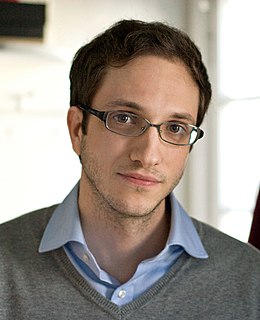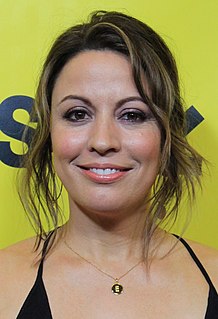A Quote by Erica Jong
My generation of young female writers discovered that we could dictate the form and content of our own fiction.
Quote Topics
Related Quotes
The fiction I've written and published is certainly inflected by the work of authors I was reading or translating at the time. One of my methods for developing my own voice in fiction, a process I am taking very slowly and deliberately, is through these very intense encounters with certain writers. Strength and power in fiction is being able to resist these intoxicating voices, recognizing that they are the signatures of other writers and not one's own.
I kind of dislike 'For Whom the Bell Tolls,' but most of Hemingway in general, mainly because his stylistic shenanigans ruined so many young writers of my generation who tried to imitate him. I think, for his time, he moved fiction to a different level stylistically, or at least added to the dialogue, but in our time, he's annoying.
I think I would have been a lot more miserable and discovered a lot less of things I liked if I hadn't had LiveJournal in high school. I think it's interesting how blogging seems to be shaping a new generation of writers. I feel like growing up with the Internet/blogging/other structures seems to be a reason for the similarities people see in Tao Lin's writing and other young writers, rather than direct.
I don't believe that fiction is dead. I know there are some people who believe that it's an outdated art form, and that to express truth today you need to work in different forms, to write books where it's perhaps not clear what's fiction and what's memoir. I have nothing against those books and love many of them very much. But we have enough space for everyone, traditional realists and hybrid writers, and experimental writers all.







































